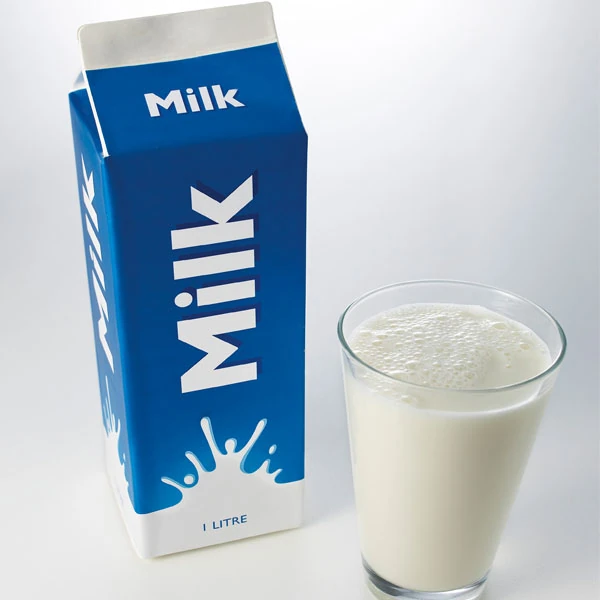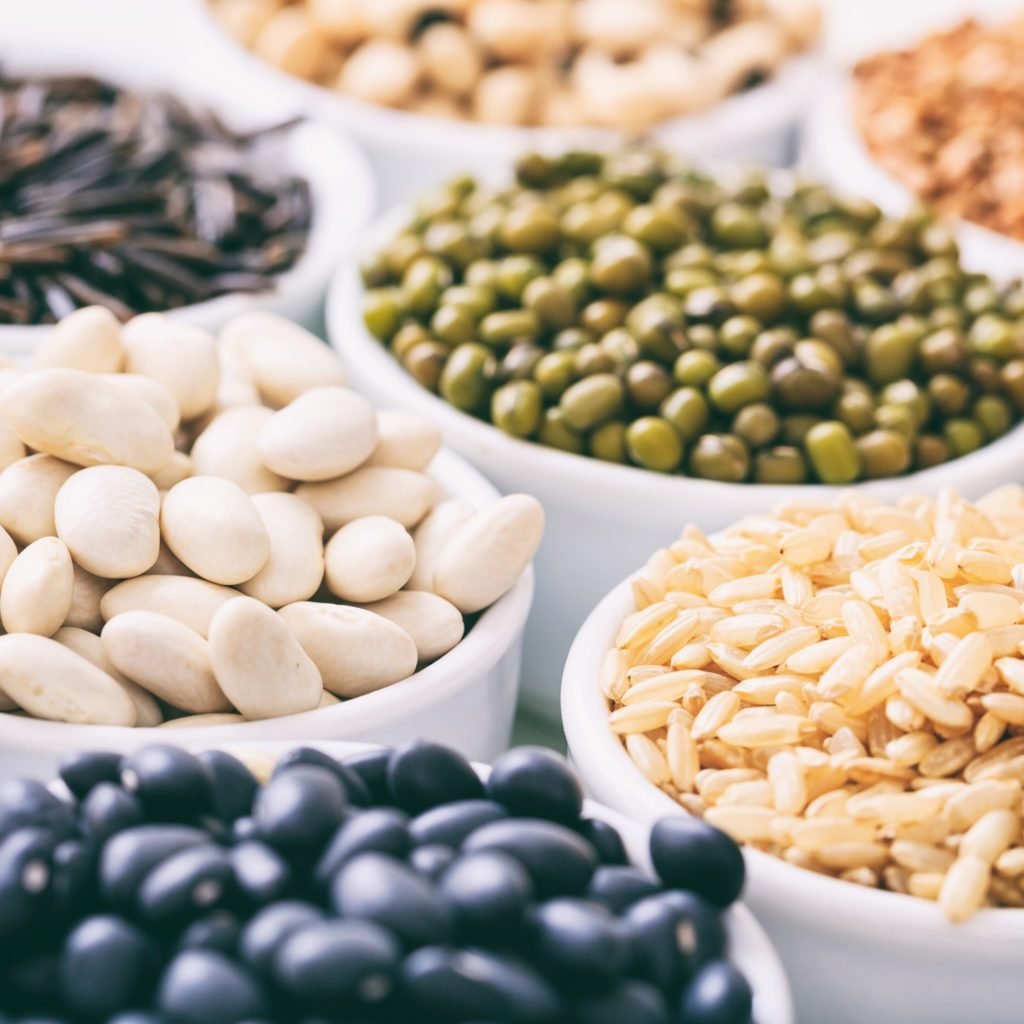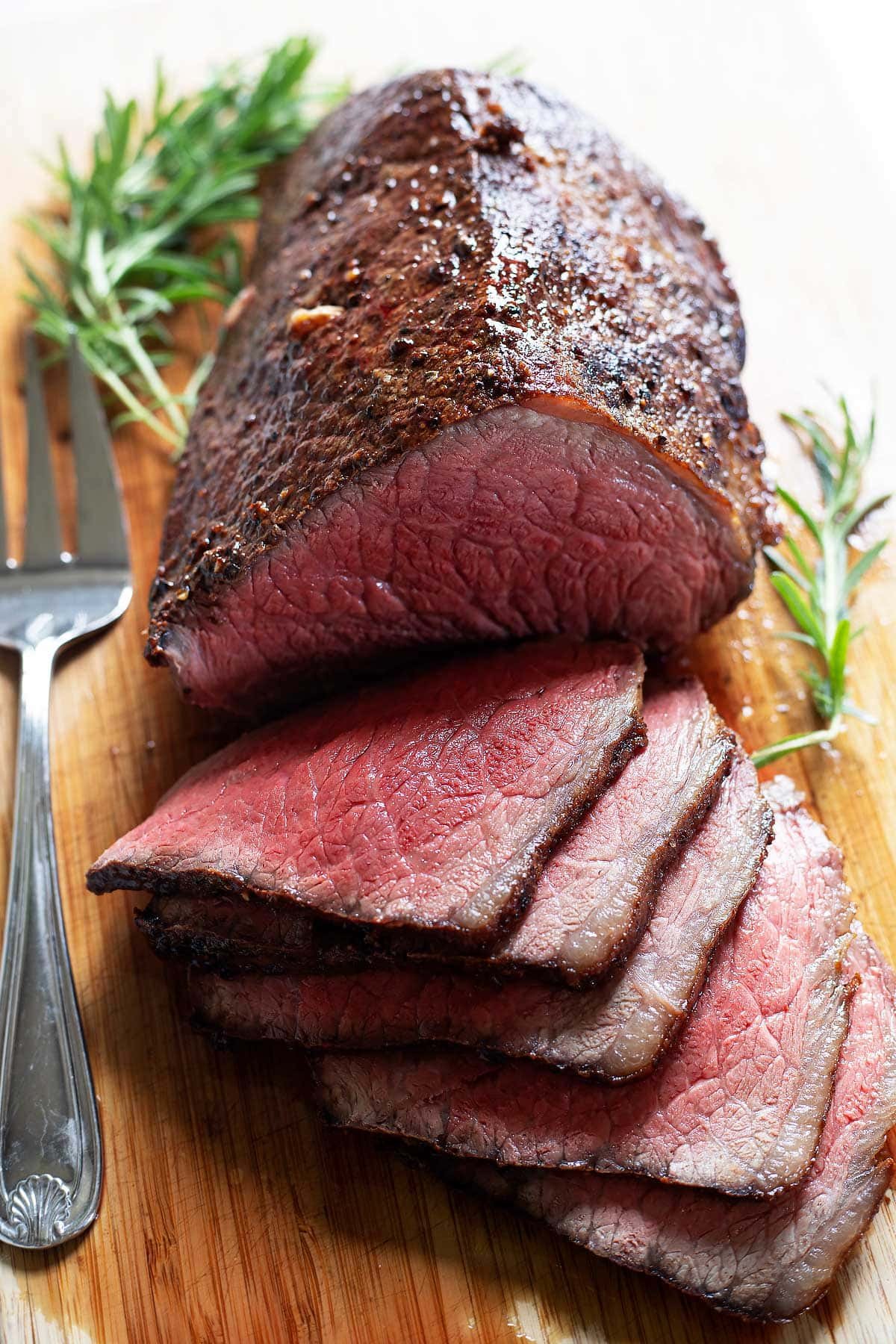Zinc
Zinc is a vital mineral essential for overall health. It plays pivotal roles in immune function, wound healing, and skin health. Dietary sources include meat, seafood, nuts, and seeds. Maintaining balanced zinc intake is crucial for optimal well-being.
About Zinc
Zinc is an essential mineral that plays a crucial role in maintaining overall health. It is involved in numerous physiological processes, including immune function, wound healing, DNA synthesis, and antioxidant defense. Zinc is particularly vital for a robust immune system, as it supports the production and activation of immune cells, helping the body combat infections.
The Essential Mineral for Immunity and Beyond
This mineral is also known for its skin benefits, helping manage conditions like acne and promoting healthy skin. It contributes to healthy hair, nails, and vision, and may even play a role in cognitive function and bone health.
Zinc can be obtained through various dietary sources, including meat, seafood, nuts, and whole grains. However, it’s essential to maintain a balanced diet to ensure adequate intake, as both deficiency and excessive zinc intake can have adverse effects on health. Consulting with a healthcare professional or registered dietitian can help determine your specific zinc needs.
Health Benefits of Zinc
Immune System Support
Zinc is crucial for a well-functioning immune system. It helps produce and activate immune cells, making it essential for defending the body against infections and illnesses.
Wound Healing
Zinc plays a vital role in the process of wound healing. It aids in the formation of collagen, a protein necessary for tissue repair.
Skin Health
Zinc is known for its role in maintaining healthy skin. It can help manage various skin conditions, such as acne and eczema, and support overall skin vitality.
Sense of Taste and Smell
Adequate Zinc levels are essential for maintaining a normal sense of taste and smell. Zinc deficiency can lead to taste and smell disturbances.
Antioxidant Function
Zinc acts as an antioxidant, helping to protect cells from oxidative stress and damage caused by free radicals.
Eye Health
Zinc is found in high concentrations in the eye, particularly in the retina. It plays a role in maintaining vision and may help protect against age-related macular degeneration.
Cognitive Function
Emerging research suggests that Zinc may have a role in cognitive function and memory, potentially reducing the risk of neurodegenerative diseases like Alzheimer’s.
Digestive Health
Zinc is involved in the production of digestive enzymes, aiding in the breakdown and absorption of nutrients. It can help alleviate digestive issues like diarrhea.
Hormonal Balance
Zinc is crucial for hormone regulation, particularly in reproductive health. It plays a role in maintaining a healthy menstrual cycle in women and supporting overall fertility in both men and women.
Bone Health
Zinc contributes to bone health by assisting in the formation of bone tissue. It may help prevent osteoporosis and fractures, particularly in older adults.
Hair and Nail Health
Zinc supports the growth and maintenance of healthy hair and nails. A deficiency can lead to hair loss and brittle nails.
Metabolism and Weight Management
Zinc is involved in metabolic processes, aiding in the breakdown of carbohydrates and fats. It may have a role in weight management.
Prostate Health
Some studies suggest that Zinc may be beneficial for prostate health and may help reduce the risk of prostate-related issues.
Perils of Deficient Zinc Intake
Weakened Immune System
Zinc is crucial for immune system function. A deficiency can lead to an increased susceptibility to infections, longer recovery times, and greater severity of illnesses.
Delayed Wound Healing
Zinc is necessary for the production of collagen and other proteins essential for wound healing. Insufficient Zinc can result in slower and less effective healing of wounds and injuries.
Loss of Taste and Smell
Zinc deficiency can impair the senses of taste and smell, affecting appetite and overall enjoyment of food.
Skin Problems
Zinc plays a role in maintaining healthy skin. A deficiency can lead to various skin issues, including dryness, rashes, and a higher likelihood of acne.
Hair and Nail Problems
Insufficient Zinc intake may result in hair loss and brittle nails.
Growth and Development Issues
Zinc is crucial for growth and development in children. A deficiency can lead to stunted growth and delayed sexual maturation.
Cognitive Impairment
Some research suggests that Zinc deficiency may be linked to cognitive impairments and a higher risk of neurodegenerative diseases like Alzheimer’s.
Skin Problems
Zinc plays a role in maintaining healthy skin. A deficiency can lead to various skin issues, including dryness, rashes, and a higher likelihood of acne.
Digestive Problems
Zinc is involved in the production of digestive enzymes. A deficiency can lead to digestive issues, including diarrhea and impaired nutrient absorption.
Hormonal Imbalances
Zinc plays a role in hormone regulation. A deficiency can lead to hormonal imbalances, potentially affecting reproductive health.
Fertility Issues
In both men and women, Zinc is essential for reproductive health. A deficiency can lead to fertility problems.
Eye Health
Zinc is found in high concentrations in the eye, particularly in the retina. A lack of Zinc may contribute to vision problems.
Bone Health
Zinc is involved in bone formation and maintenance. A deficiency may weaken bones and increase the risk of fractures.
Loss of Appetite
Zinc deficiency can lead to a reduced appetite, which can further exacerbate nutrient deficiencies.

Sources of Zinc
- Seafood
- Meat
- Dairy Products
- Nuts and Seeds
- Legumes
- Whole Grains
- Fortified Foods
- Eggs
- Vegetables and Fruits
Zinc Rich Foods
Oysters, crab, lobster, shrimp, beef, lamb, pork, milk, yogurt, cheese, cashews, almonds, pumpkin seeds, sunflower seeds, beans, lentils, chickpeas, wheat germ, quinoa, oats, eggs, spinach, mushrooms, avocados, blackberries.






Frequently Asked Questions About Zinc
Welcome to our Zinc FAQs section, where we address common questions and provide you with accurate information to help you better understand this essential nutrient.
Some studies suggest that Zinc supplements may reduce the duration and severity of cold symptoms, but results are mixed. It’s important to follow recommended doses.
Zinc is essential for the proper functioning of immune cells and helps the body resist infections. It plays a role in both innate and adaptive immunity.
Yes, excessive Zinc intake can lead to adverse effects, including nausea, vomiting, diarrhea, and impaired absorption of other minerals like copper. It’s important not to exceed recommended daily allowances.
Zinc supplements or topical treatments may help manage acne for some individuals, but results can vary. Consult a healthcare professional for personalized advice.
Zinc is necessary for the synthesis of collagen, a protein crucial for wound healing. It also supports the immune response at the site of injury.
Yes, Zinc is essential for a healthy pregnancy. It supports fetal development, and pregnant women may need increased Zinc intake to meet their needs.
Zinc deficiency can lead to a reduced sense of taste and smell. Correcting the deficiency may help improve these senses.
Zinc is involved in hair growth and may help with hair health, but excessive intake should be avoided.
Zinc supplements can interact with certain medications, including antibiotics and diuretics. It’s advisable to consult a healthcare provider if you have concerns.
A balanced diet that includes a variety of Zinc-rich foods can help meet your daily needs. If you have dietary restrictions or concerns, consult a registered dietitian or healthcare professional for guidance.
Remember, the information provided here is for general knowledge. For personalized advice or concerns about your health, it’s always best to consult a healthcare professional.
Elevate your health with Zinc’s quiet strength. From immunity’s shield to skin’s glow, Zinc’s roles in wellness continue to grow.
